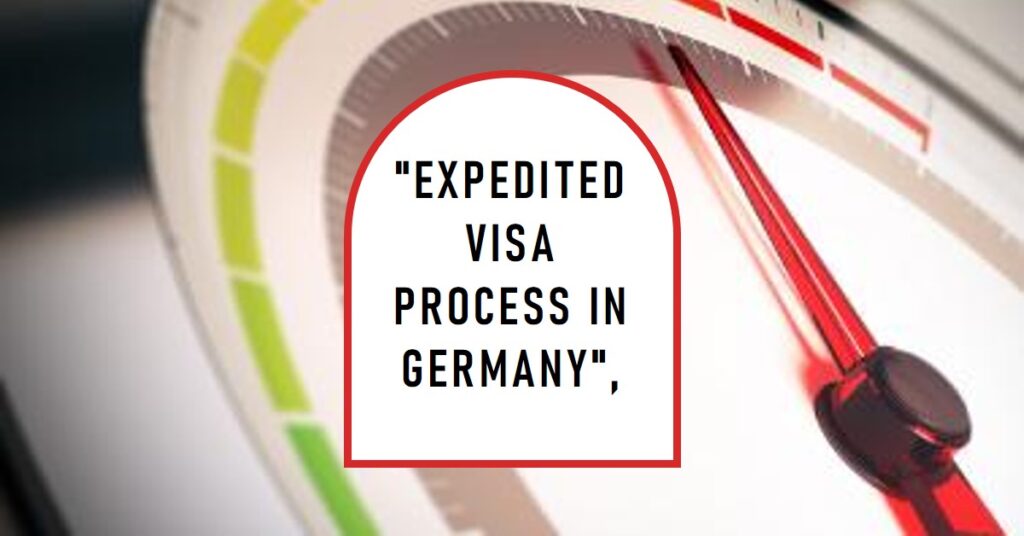
What Challenges Do Visa Applicants Face?
From 2025, the German Foreign Office will digitalize large parts of the visa process, aiming to expedite the arrival of skilled workers to Germany. Currently, visa applicants share daunting experiences in online forums about the bureaucratic hurdles they face. A student from Morocco describes it as “super difficult” to secure an appointment, while another applicant calls the process “horror.” Even Foreign Minister Annalena Baerbock acknowledges the cumbersome nature of the procedure, with stories of laundry baskets full of documents and applicants waiting nine months or more for their visas. Baerbock hails the digital transformation of the visa process as a “revolution.”
How Will Digitalization Impact Visa Applications?
Annually, the German Foreign Office processes around 2.3 million visa applications, with a significant portion being for long-term national visas. These applications, often for skilled workers, students, or family reunifications, will now be handled through a new online portal. Clemens Kohnen, the Special Representative for Visa Digitalization, highlights that approximately 500,000 of these applications will be processed digitally, covering various countries from Turkey to China. Even smaller visa offices, like the one in Reykjavik, which handles around a dozen applications per month, will be included in this digital overhaul.
What Benefits Will the New Online Portal Offer?
The new online portal, connected to 167 German visa offices worldwide, is designed to be user-friendly. Available in German and English, the portal guides users through a questionnaire that helps them determine the necessary documents and processes. Despite initial concerns, tests have shown that applicants can navigate the portal effectively using browser translation functions.
How Much Has the Development Cost?
The digitalization project, which began in 2021, has cost €13.6 million. Katharina Bonnenfant, the project manager, emphasizes the portal’s intuitive design, aiming to replace the previously paper-heavy process with a streamlined digital experience. Applicants will no longer face prolonged wait times for embassy appointments, which previously lasted around 20 minutes but often required follow-up visits due to document queries. Pilot tests in Brazil and China have shown that the new system can even shorten in-person appointments.
How Will Skilled Workers Be Prioritized?
The digital visa process will also prioritize skilled workers, helping companies recruit talent from abroad more efficiently. Recent increases in wait times for national visas have made labor migration more challenging. The Foreign Office plans to allocate “visa springers” to support high-demand regions, processing applications from Germany to assist their overseas colleagues.
Is the Online Portal Secure?
The launch of the online portal comes amid election campaigns where migration issues are prominent. The Foreign Office assures that the digital process is as secure as the traditional paper-based system. Applicants will still need to attend in-person appointments and provide fingerprints, with original documents verified for authenticity. Despite facing initial cyberattacks, the portal has enhanced security measures to prevent future breaches.
In conclusion, the digitalization of the visa process is a significant step toward making Germany more accessible to skilled workers. With a user-friendly portal and enhanced security, the Foreign Office aims to streamline applications and reduce wait times. For more information or to address any questions you may have about the digital visa process, ETAINFI is here to help.


